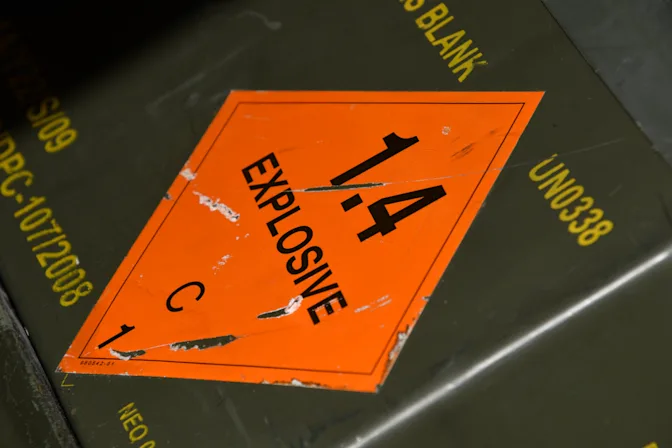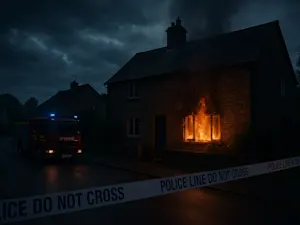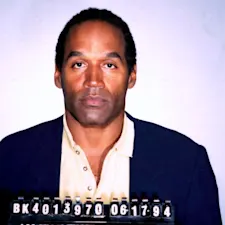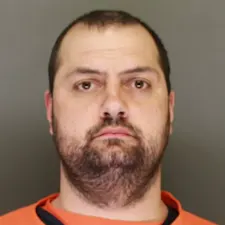
7 Secrets About the Plot to Kidnap Michigan's Governor
In October 2020, the United States Federal Bureau of Investigation foiled a chilling plot to kidnap Michigan Governor Gretchen Whitmer, sending shockwaves across the nation. The group behind the scheme, driven by extreme anti-government sentiments and anger over COVID-19 lockdown measures, had gone to great lengths in their planning. While many know the basics of this sinister plot, there are several lesser-known details that add layers of complexity and controversy to the case. Here are seven intriguing facts about the Gretchen Whitmer kidnapping plot that you might not know.
1. FBI informants were integral to the plot.
The plot's exposure heavily relied on a dozen FBI informants who infiltrated the group planning the kidnapping. One such informant, Stephen Robeson, had a long criminal history and played a crucial role in orchestrating the plan. He was paid nearly $20,000 by the FBI and was instrumental in organizing and leading militia meetings. His involvement raised significant questions about the extent to which the FBI may have influenced the plot's development.
2. The group conducted combat drills and explosive training.
The group behind the kidnapping plot met multiple times over the summer of 2020 to conduct firearms training and combat drills. They practiced building explosives and discussed tactics in various locations, including a shop basement accessible only through a trap door. They also conducted surveillance on Whitmer's vacation home and explored the idea of using explosives to blow up a bridge to distract authorities.

3. Entrapment concerns surrounded the FBI's tactics.
The FBI's handling of the investigation has been scrutinized, particularly regarding the informant's involvement. Defense lawyers argued that the informants, especially Robeson, played a significant role in pushing the plot forward, which could be seen as entrapment. The FBI's decision to overlook certain crimes committed by Robeson during the sting operation further fueled these concerns.
4. The FBI ignored potential threats to public safety.
During the investigation, the FBI sometimes prioritized the operation over immediate public safety. For instance, they allowed militia members to enter the Michigan Capitol with firearms, suspecting that one of them might even have a live grenade. Additionally, when local police officers were about to confiscate firearms from two targets on a terrorist watchlist, FBI agents intervened to prevent the confiscation, potentially endangering the public.
5. Legal outcomes were mixed and controversial.
The legal proceedings resulted in a mix of acquittals, convictions, and guilty pleas. Five individuals were acquitted, five were convicted, and four pleaded guilty in both federal and state courts. The controversy surrounding the FBI's tactics and the role of informants in the case has been used by some to argue that the Justice Department has been unfairly weaponized against conservatives, despite a long-standing record indicating otherwise.

6. The case fueled conspiracy theories.
The handling of the Whitmer kidnapping plot by the FBI has inadvertently bolstered conspiracy theories regarding government overreach and manipulation. This has particularly resonated with right-wing groups, who cite the case as evidence of a "deep state" working against conservative interests. These theories gained further traction in the context of the Jan. 6, 2021 U.S. Capitol riot and continue to influence political discourse.
7. The key informant had ongoing legal troubles.
Despite his role as an informant, Robeson continued to engage in criminal activities. He was charged with illegal possession of a firearm, among other crimes, while working for the FBI. His questionable credibility and ongoing criminal behavior further complicated the case, highlighting the ethical dilemmas involved in using informants with criminal backgrounds.
The Gretchen Whitmer kidnapping plot was not a straightforward case of domestic terrorism; it involved complex layers of FBI involvement, controversial tactics, and significant legal and ethical questions. Understanding these lesser-known aspects provides a deeper insight into the case and its broader implications on law enforcement practices and political narratives.
References: What We Know About the Alleged Plot to Kidnap Michigan's Governor | The FBI's Double Agent
























